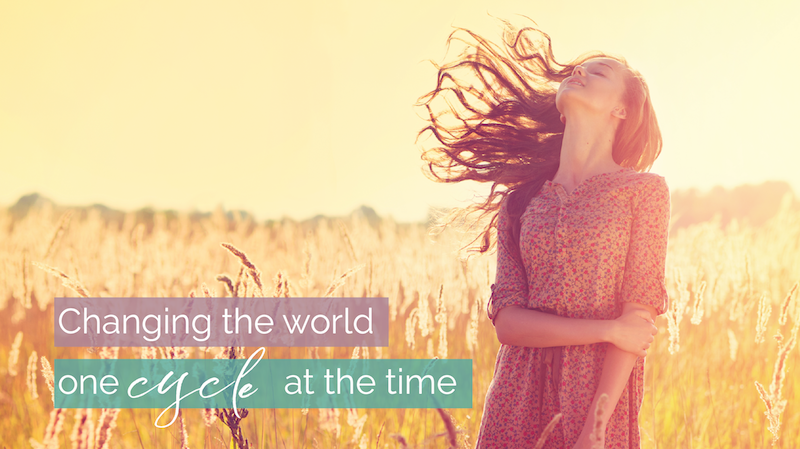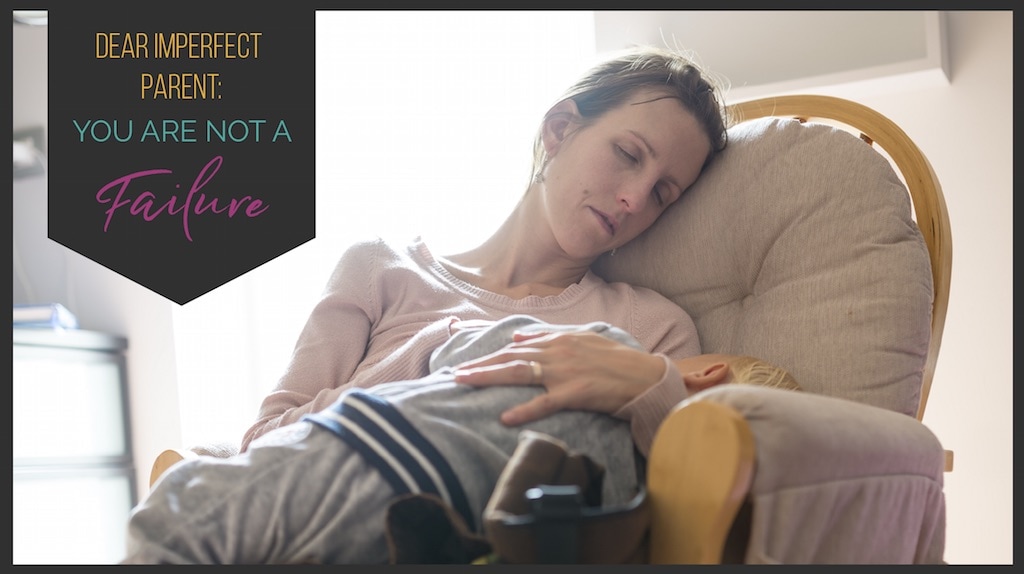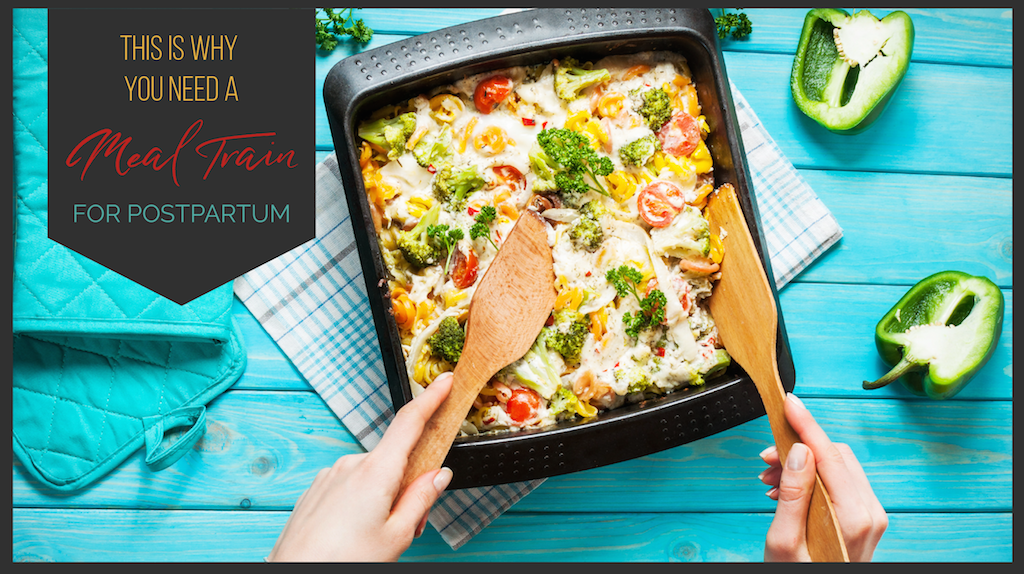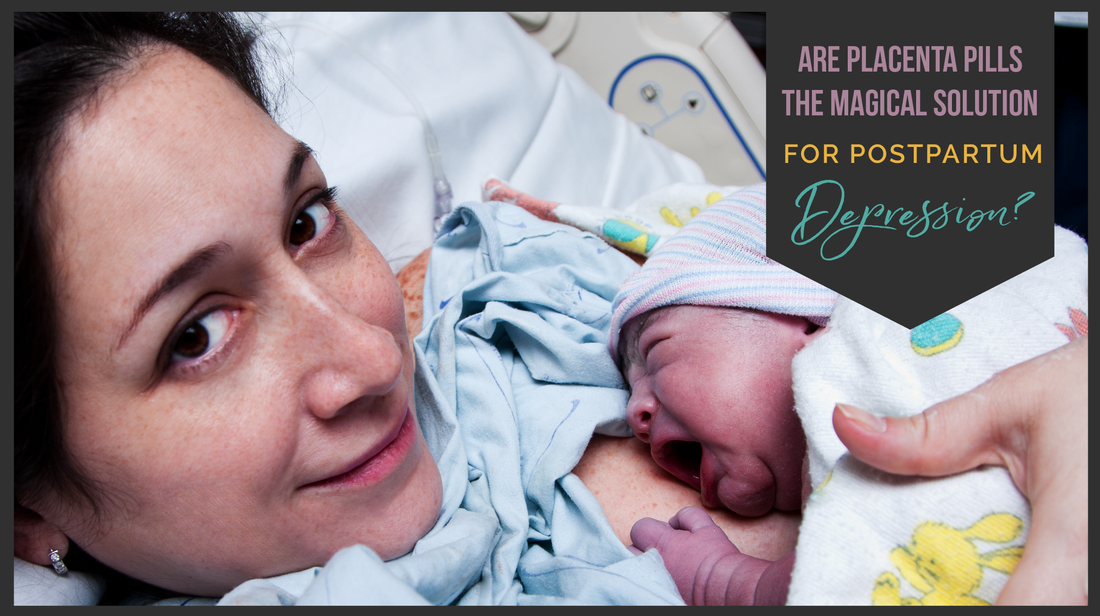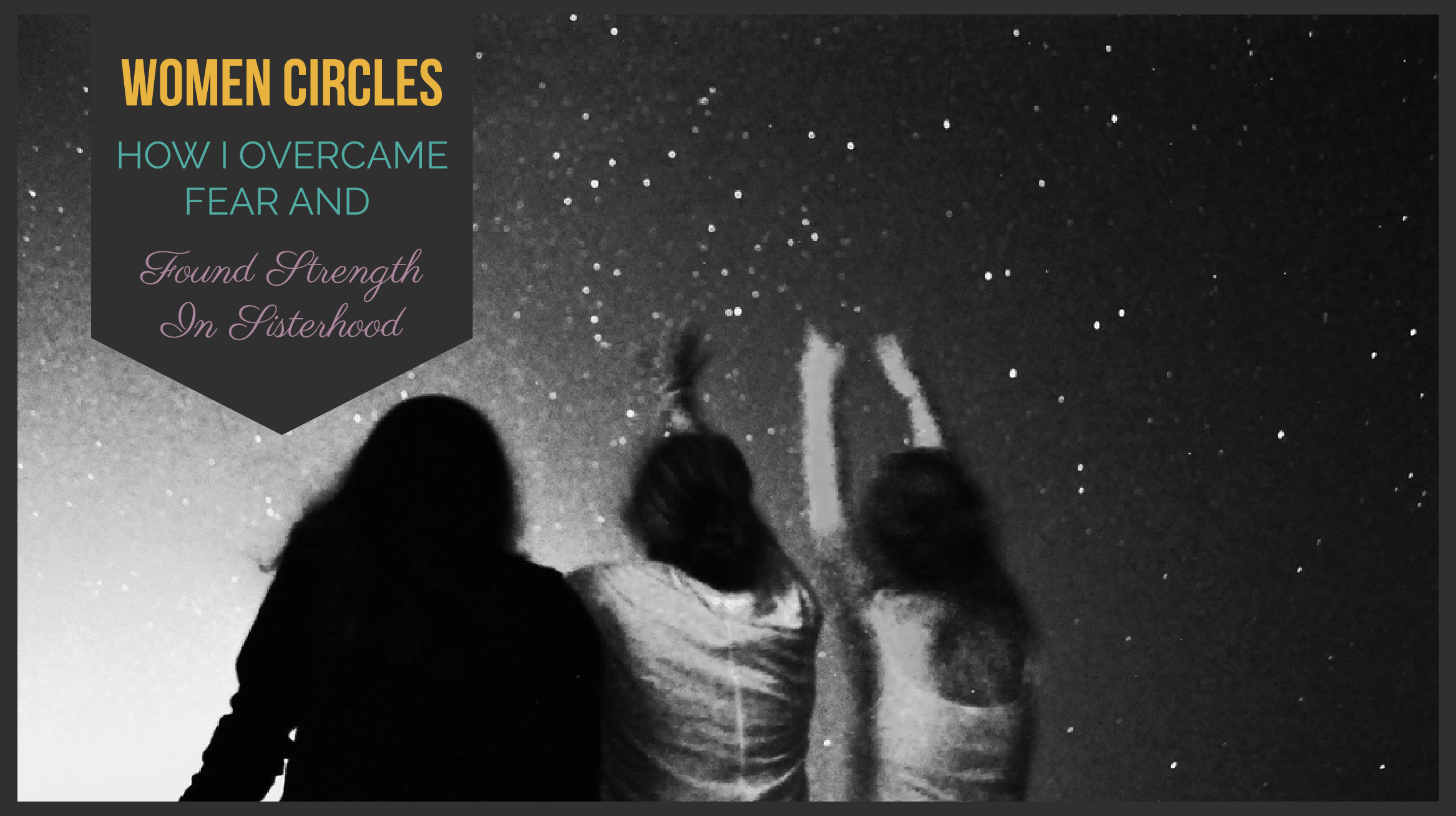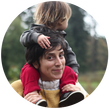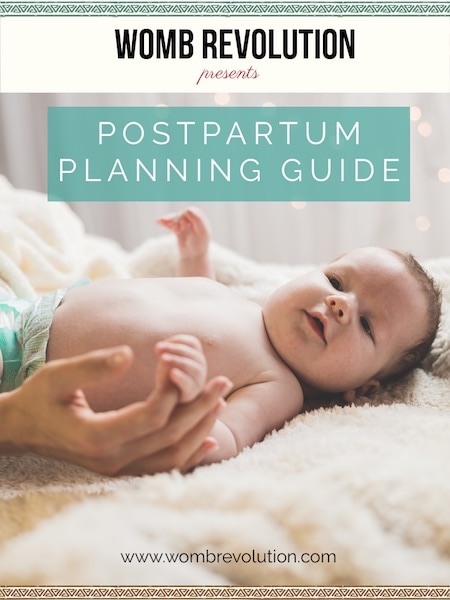It’s crucial to have support in our communities, especially surrounding traditionally taboo topics like menstruation, birth control, and sex. In my personal experience and in the stories of the people I have served, we are up against coercion, dismissing of pain, and misinformation. It’s critical that we know our rights, that we know how our bodies work, and that we have the information to make us experts on our own bodies. Everyone is entitled to this.
|
When I introduce myself to people, the question I hear most often is “What’s a birth control doula?” The word doula was used in ancient Greece to mean “servant woman.” The current definition has a closer meaning to “a person who serves women.” Birth control doula is a term coined by Emily Varnam (co-founder of The Fifth Vital Sign). A birth control doula provides emotional and educational support for people as they choose or transition between birth control options. It’s crucial to have support in our communities, especially surrounding traditionally taboo topics like menstruation, birth control, and sex. In my personal experience and in the stories of the people I have served, we are up against coercion, dismissing of pain, and misinformation. It’s critical that we know our rights, that we know how our bodies work, and that we have the information to make us experts on our own bodies. Everyone is entitled to this. “It’s critical that we know our rights, that we know how our bodies work, and that we have the information to make us experts on our own bodies. Everyone is entitled to this.”
1 Comment
© Gajus | Dreamstime.com
This is a wonderful guest blog post by Raya Weaver.
Are you interested on blogging for Womb Revolution? Contact us!
BEING A PARENT IS HARD
Being a parent is hard. Anybody with kids can agree on that. We all want what is best for our children, and most of us seem to have pretty strong opinions on what that might be. Sometimes, those opinions don't line up with reality. Twists and turns in our lives can throw us curveballs, and the way we end up handling our bumpy paths in life may turn out to be drastically different from the way we pictured ourselves handing things. And that is okay. Actually, it's not okay, it's awesome. DEALING WITH JUDGMENT AND GUILT IS PART OF IT ALL In a way, being a parent can sometimes feel like being under a microscope (especially in public). Starting in pregnancy, we get judged on all sorts of ridiculous things. Did we give up coffee? Did we remember to take our vitamins every day? Did we attend birth classes? Write a birth plan? Eat healthy? Do prenatal yoga? The list goes on and on, and if we fail on any of those fronts, we can be made to feel like we are the worst parents in the world. It bleeds into birth with our guilt regarding epidurals, cesareans, long labors and other complications. Then into postpartum and beyond. Our harshest critics, of course, are ourselves. LIFE WITH A NEWBORN IS BUSY
It’s crazy how the most basic things become so difficult once you’re caring for a newborn. Taking a shower, peeing by yourself, eating with both hands and other things we take for granted on the pre-baby days all of a sudden become luxuries during postpartum. Newborns are a lot of work. Many want to be held all the time and those little stomachs can’t hold much food, so they need to eat and poop often. If you’re breastfeeding, you might find most of your day is spent nursing. So, when are you supposed to cook and prepare all the nutritious meals you will be needing to recover from childbirth, cope with sleep deprivation and keep a healthy milk supply?! Even if you have an awesome partner who is committed to taking the best care of you, the demands of parenthood are many and it’s easy to put our nutritional needs on the back burner. Taking care of babies wasn’t meant to be a one or two person job. You will keep hearing it over and over and even if it sounds cliché it’s true: it takes a village! So hey, there is a very easy thing you can do to make this transition easier: let people help! Placenta encapsulation is becoming very popular these days.
Celebrity buzz has certainly contributed to make this practice more mainstream. Nowadays more and more people are trying it out and sharing their experiences. Consuming placenta is nothing new. Traditional Chinese Medicine has been using placenta medicine for more than 2000 years. In this tradition (and some others around the world) placenta is considered a powerful medicine that can help you replenish important nutrients, balance postpartum hormones and improve milk supply. (Although some these benefits are supported by research, they have not been verified by the FDA or any other such governing body). When looking at the possible causes of postpartum mood disorders, science has found that a dramatic drop in hormones can contribute to depression. On top of that, the intense physical demands and blood loss of childbirth put a lot of stress on the body, causing fatigue and general weakness. It makes sense to think that consuming your placenta and recovering some of the iron, protein and hormones, would help balance things out and guard off postpartum depression. I NEVER THOUGHT I WOULD BE THE KIND OF PERSON WHO WOULD JOIN A WOMEN’S CIRCLE The first time I ever heard about a women’s circle I immediately felt repelled by the idea. I was never a girly-girl. Ever since elementary school I got along better with boys. I spent a good chunk of my life making a huge effort to “not be like other girls.”
Now I realize how much of my life I have spent being confused and tormented by internalized misogyny. I have considered myself a feminist since I first read the definition in the dictionary, but for a long while I associated empowerment with stereotypical male characteristics. I thought if I wanted to be a strong woman I needed to be unsentimental, practical and extremely rational. I was afraid of being vulnerable. On top of that, I hated everything and anything that separated men and women. I wanted us to be completely equal. The idea of a women’s circle sounded kind of sexist and I couldn’t imagine myself enjoying it. |
AuthorMarissa Rivera Bolaños is a doula and visual artist with a passion to create change around the way our culture approaches women's health. Archives
February 2024
Categories
All
|
